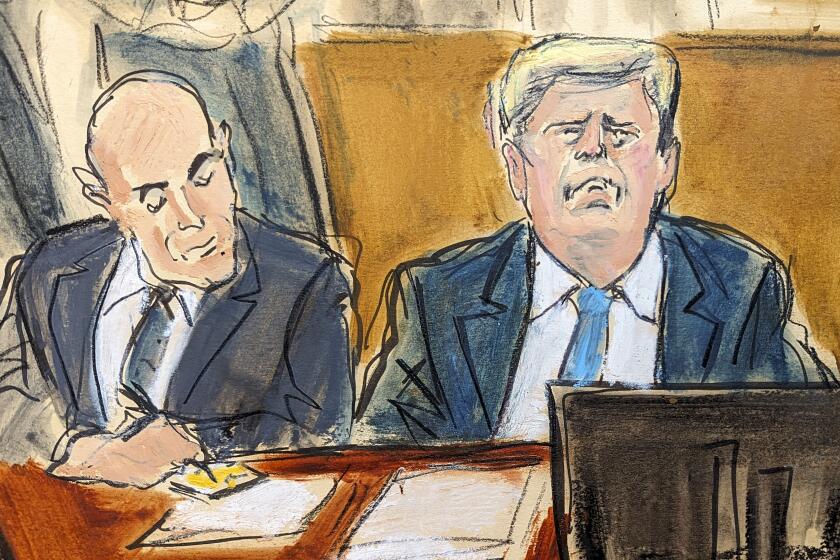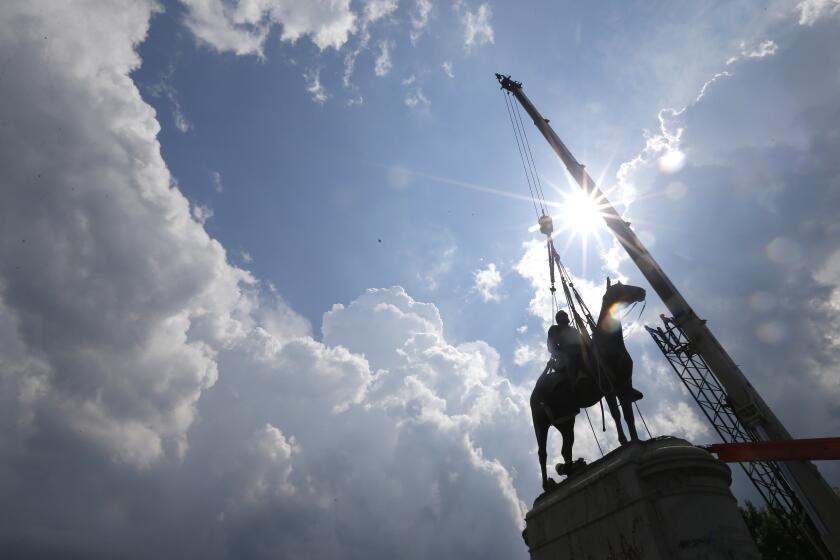A Bit More Freedom
Enacted over President Harry S. Truman’s veto during the hysterical days of McCarthyism, the McCarran-Walter Act continues to be an embarrassment to the United States with its recriminatory provisions against anyone who does not think and act in true-blue American style. But at last Congress has taken an important first step toward removing McCarran-Walter’s most nefarious and unnecessary provisions.
Part of the State Department authorization bill that passed Congress last week would eliminate the McCarran-Walter language used to bar entry into the United States by aliens on the basis of “past, current or expected beliefs, statements or associations.” It is this section of the law that has prevented distinguished writers, artists and politicians from entering the country even temporarily to attend conferences, give speeches and receive awards.
These have not necessarily been visitors from enemy lands intent on the violent overthrow of the American government. Those denied visas at one time or another have included Pierre Elliott Trudeau, who later became prime minister of Canada; novelist Graham Greene; writer Carlos Fuentes, once Mexican ambassador to France, and Hortensia Allende, widow of former Chilean President Salvador Allende.
In arguing for the change, Sen. Daniel Patrick Moynihan (D-N.Y.) said that the measure has done the nation great harm over the years, adding, “It presented us as a fearful and subliterate and oppressive society.” In effect, the law admits that Americans are afraid of ideas--a concept that would have appalled men like Thomas Jefferson.
A more general revision of the McCarran-Walter immigration law will be sought in Congress next year. Its passage would add special meaning to the celebration of the bicentennial of the American Constitution.
More to Read
Get the L.A. Times Politics newsletter
Deeply reported insights into legislation, politics and policy from Sacramento, Washington and beyond. In your inbox three times per week.
You may occasionally receive promotional content from the Los Angeles Times.






